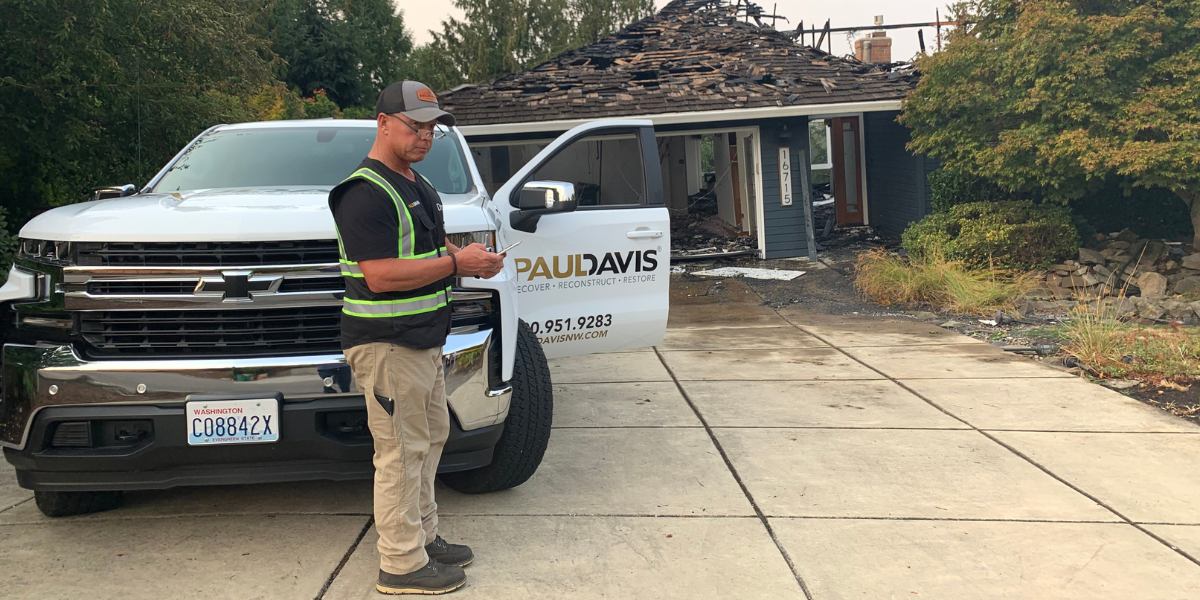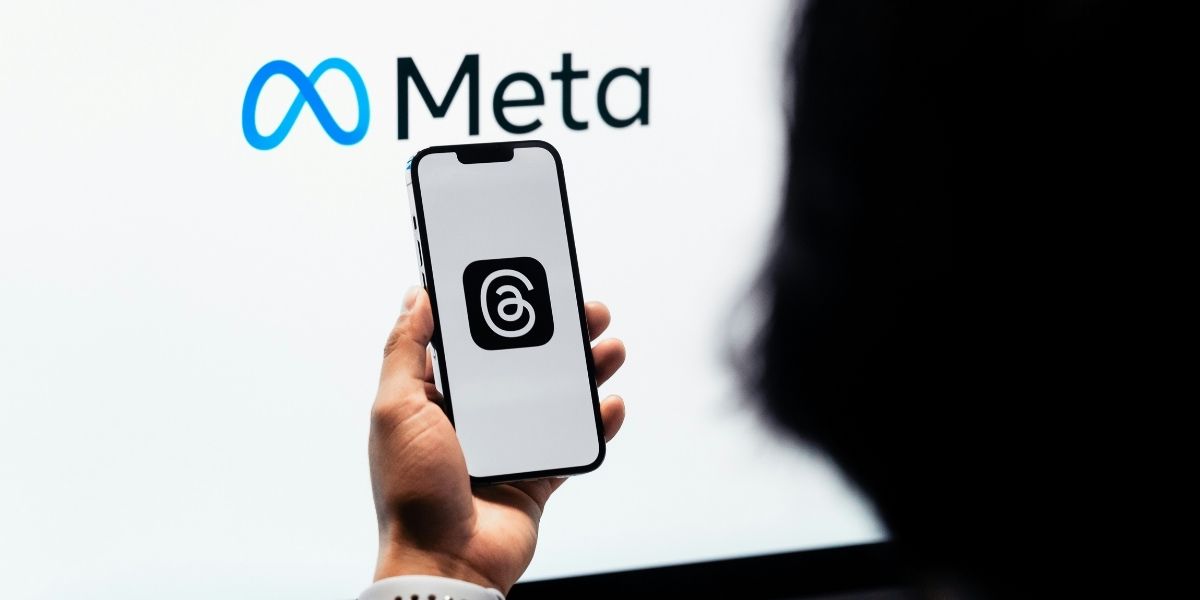In the competitive world of e-commerce, search engine optimization (SEO) is the key to ensuring your Shopify store attracts the right customers and stands out from the crowd. With so many online stores vying for attention, it’s essential to implement effective strategies that improve search rankings and drive growth. Backspace Marketing, a digital marketing agency known for scaling brands to seven-figure revenues, has developed a detailed Shopify SEO optimization checklist for 2024. This guide is designed to help e-commerce businesses take control of their SEO efforts, improve visibility, and ultimately grow their online presence.
Keyword Research and Planning: Laying the Foundation
The first step in any successful SEO strategy is thorough keyword research and planning. Shopify store owners need to identify high-value keywords that align with their target customers’ search intent. By focusing on keywords that customers are likely to use when searching for products, businesses can ensure that their content ranks higher in search engine results pages (SERPs). Utilizing tools like Google Keyword Planner or Ahrefs can help store owners find the right keywords to target.
“Following a clear SEO optimization checklist can make a world of difference for Shopify stores,” says Paul Fitzgerald, CEO of Backspace Marketing. “Our step-by-step guide provides actionable steps that store owners can implement to achieve sustainable SEO success.” Businesses that incorporate this planning into their content creation can build a solid foundation for their long-term SEO goals.
On-Page SEO Optimization: Perfecting Your Pages
Once the right keywords are identified, the next step is optimizing on-page elements. Title tags, meta descriptions, and product descriptions are critical components of Shopify SEO. Each page should have unique, keyword-optimized title tags that accurately describe the content and entice users to click. Meta descriptions should be compelling and informative, offering a brief overview of the product while incorporating keywords naturally. Product descriptions should not only focus on the benefits and features of the item but also include keywords to improve the likelihood of appearing in search results.
Additionally, optimizing URLs and internal links can further enhance search rankings. Shopify store owners should ensure that their URLs are short, descriptive, and free from unnecessary numbers or characters. Linking related products and pages within the site helps search engines better understand the structure of the website and improves overall SEO performance.
Technical SEO Checks: Improving Performance and Structure
A critical part of SEO Shopify involves ensuring that your website is technically sound. Technical SEO refers to the optimization of elements that affect how search engines crawl and index your site. Key areas to focus on include site structure, page speed, and mobile optimization.
Shopify store owners should regularly audit their site to ensure it is structured logically, making it easy for both users and search engines to navigate. Page speed is another crucial factor in search rankings. Slow-loading pages can lead to higher bounce rates, which negatively impacts SEO performance. Using tools like Google PageSpeed Insights can help identify areas where site speed can be improved. Mobile optimization is also essential, as search engines prioritize mobile-friendly sites. Shopify stores should be designed with responsive layouts to ensure a seamless user experience across all devices.
Content Optimization: Creating Valuable, Engaging Content
Content is the heart of any successful SEO strategy. Creating and updating content that aligns with SEO best practices not only attracts organic traffic but also keeps customers engaged. Blog posts, product descriptions, and even category pages can all be optimized with relevant keywords. By consistently producing high-quality content, Shopify store owners can boost their rankings and establish themselves as an authority in their niche.
In addition to written content, images and videos should also be optimized. Compressing images and using descriptive alt tags can improve both user experience and SEO. Video content, when properly optimized, can engage visitors and increase the time spent on the site, signaling to search engines that the site provides valuable information.
Link Building: Strengthening Authority with Backlinks
Acquiring high-quality backlinks is a powerful way to improve a site’s domain authority and boost SEO performance. Backlinks from reputable sites signal to search engines that your Shopify store is trustworthy and relevant, which can improve rankings. However, it’s important to focus on quality rather than quantity when building a backlink strategy.
Developing relationships with influencers, guest blogging, and partnering with complementary businesses are all effective ways to earn backlinks. By building a strong link profile, Shopify stores can see significant improvements in their SEO performance over time.
Achieving Long-Term Growth with Backspace Marketing
For e-commerce businesses looking to take their Shopify store to the next level, working with a Shopify SEO expert can make all the difference. Backspace Marketing has built a reputation for helping brands achieve sustainable growth through tailored, data-driven SEO strategies. By following the comprehensive Shopify SEO optimization checklist, store owners can enhance their visibility, drive traffic, and increase revenue.
With a focus on creating customized strategies, using cutting-edge techniques, and delivering results-oriented solutions, Backspace Marketing helps e-commerce brands scale to seven-figure revenues. The actionable steps in their SEO checklist provide a clear path for Shopify store owners to succeed in 2024 and beyond.
Contact:
Paul Fitzgerald (CEO)
demo@backspacemarketing.com
Phone: +1 (866) 607-7888
Instagram: https://www.instagram.com/backspacemarketing
LinkedIn: https://www.linkedin.com/company/backspacemarketing/
Website: https://backspacemarketing.com/
Published by: Nelly Chavez










